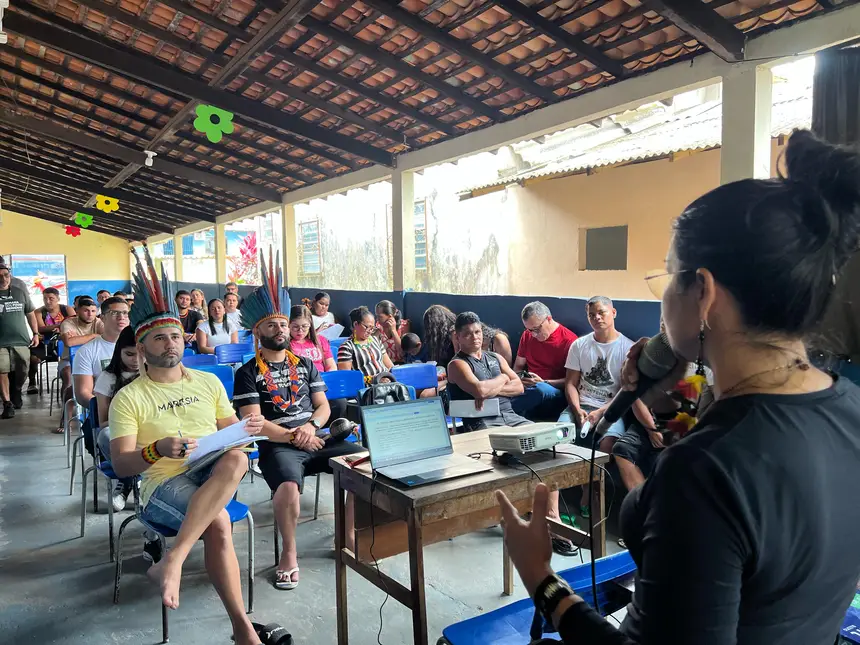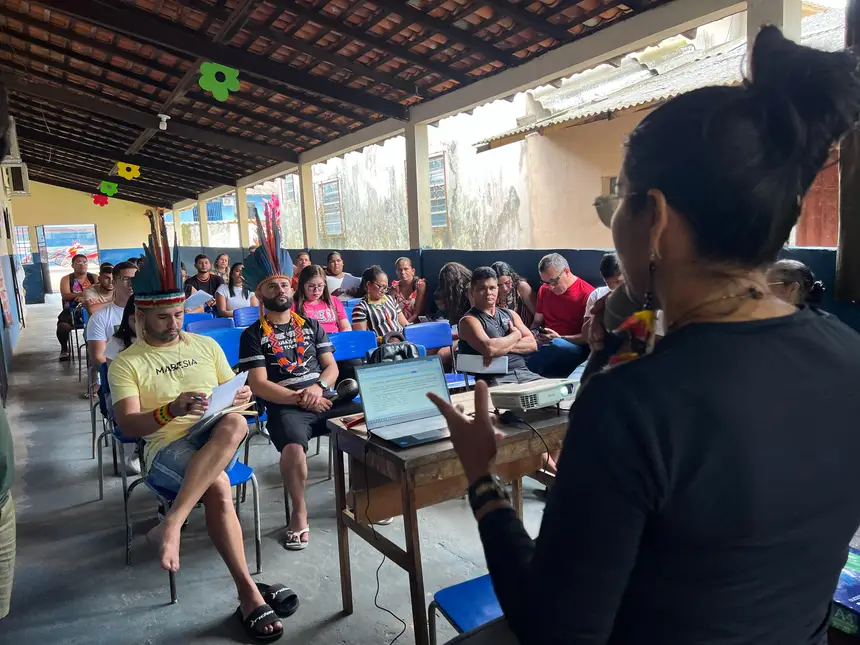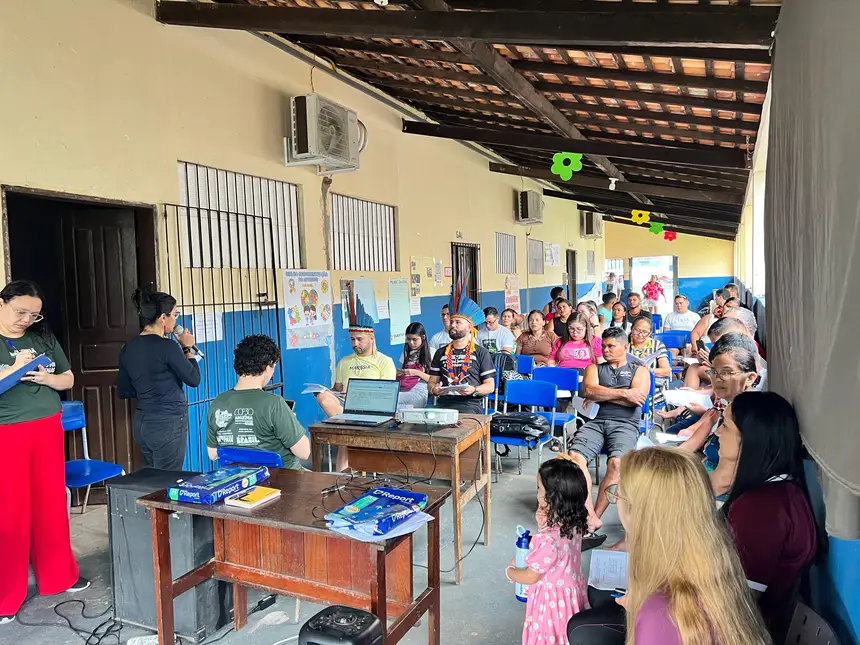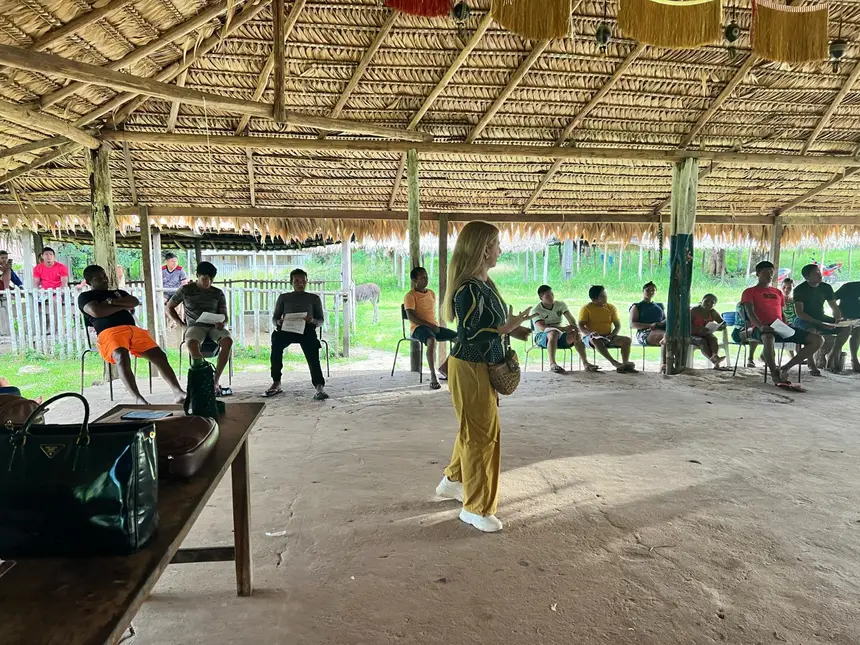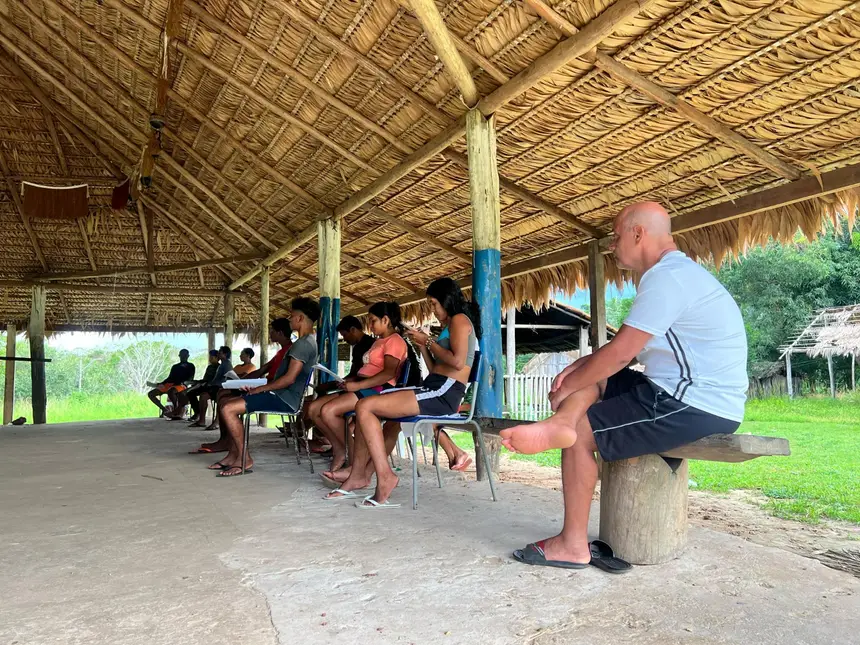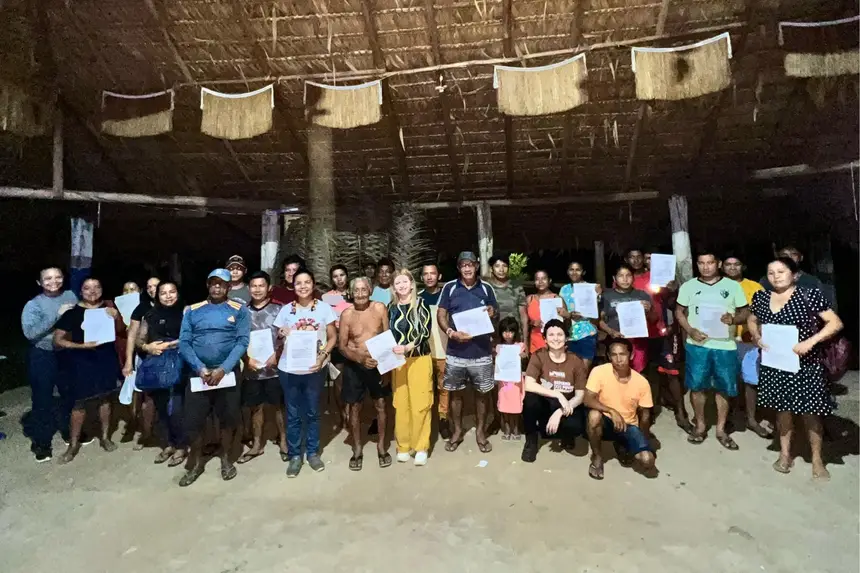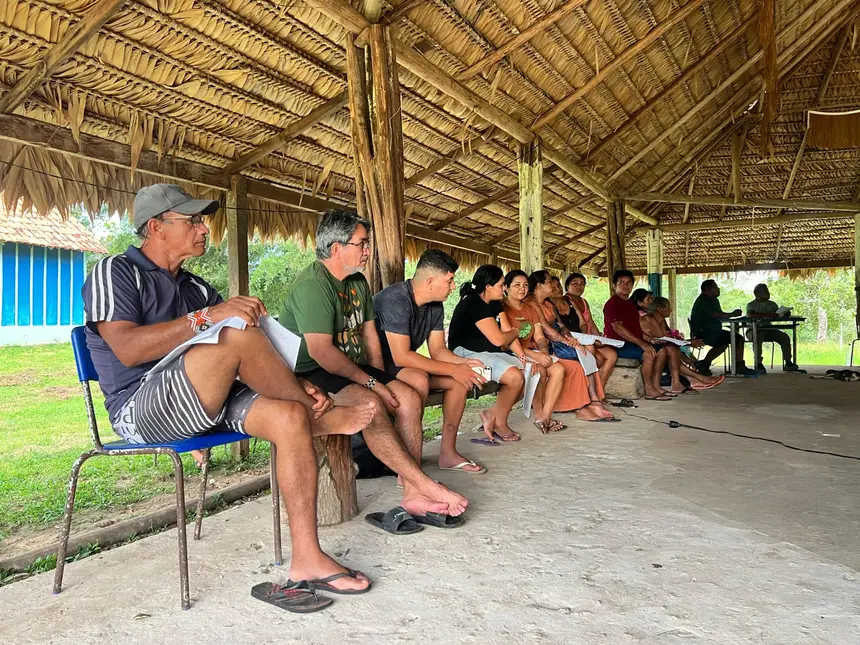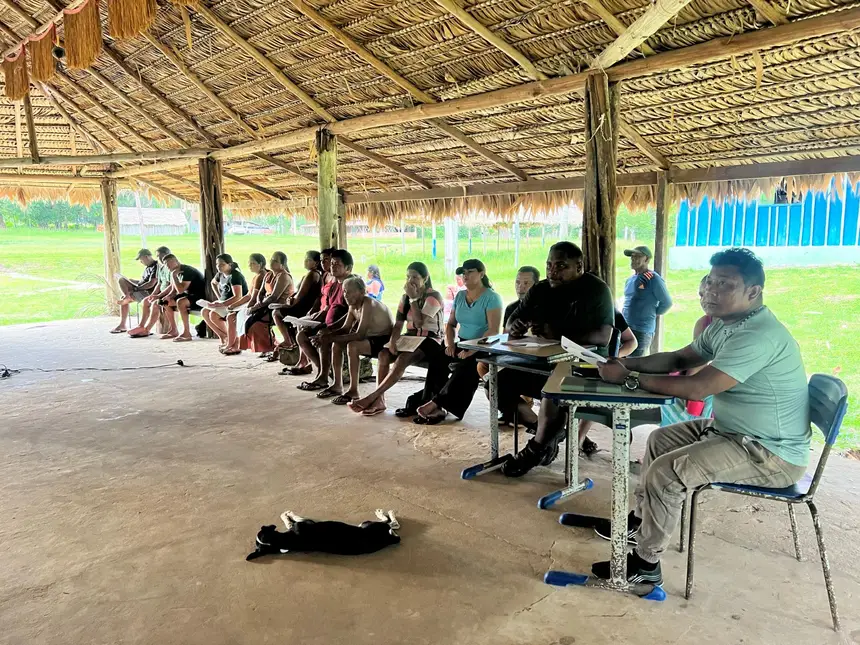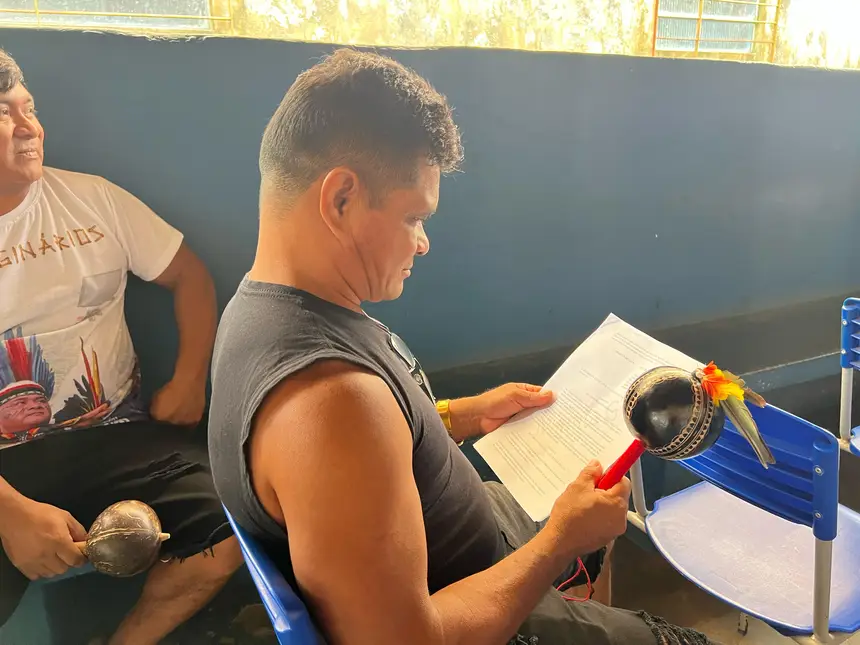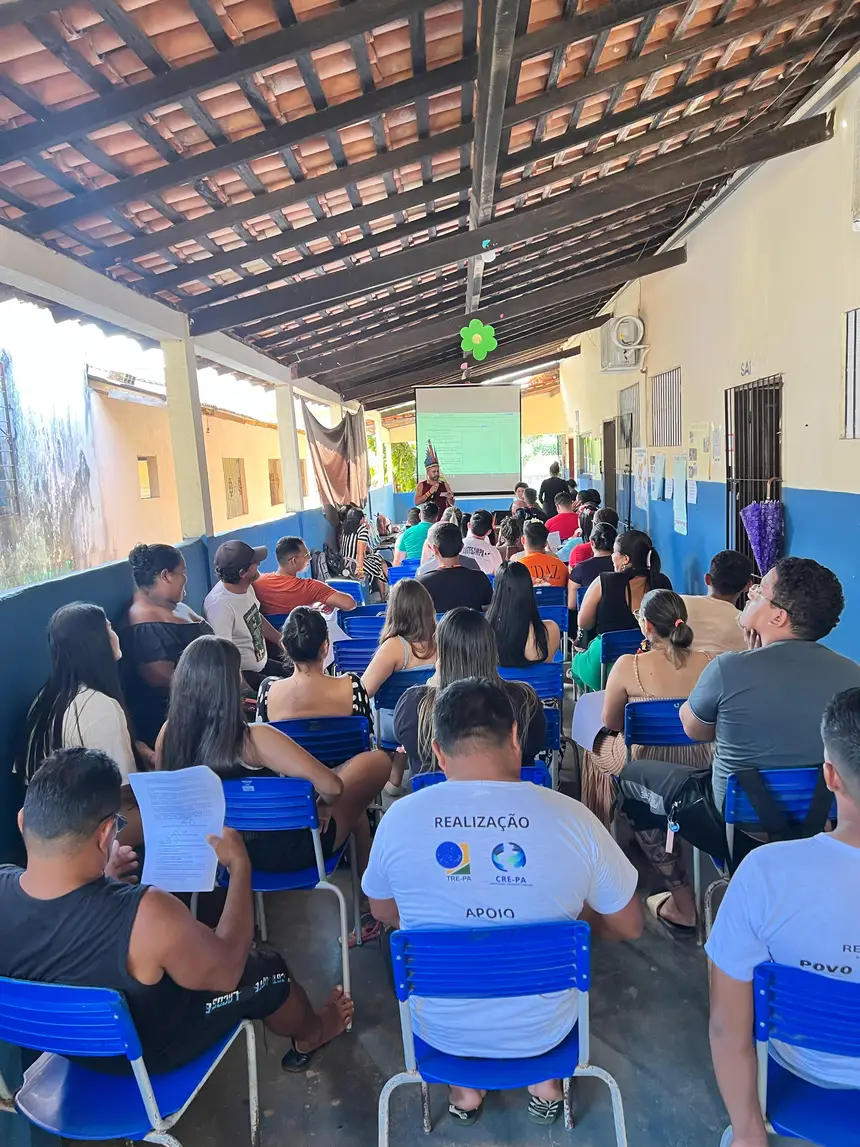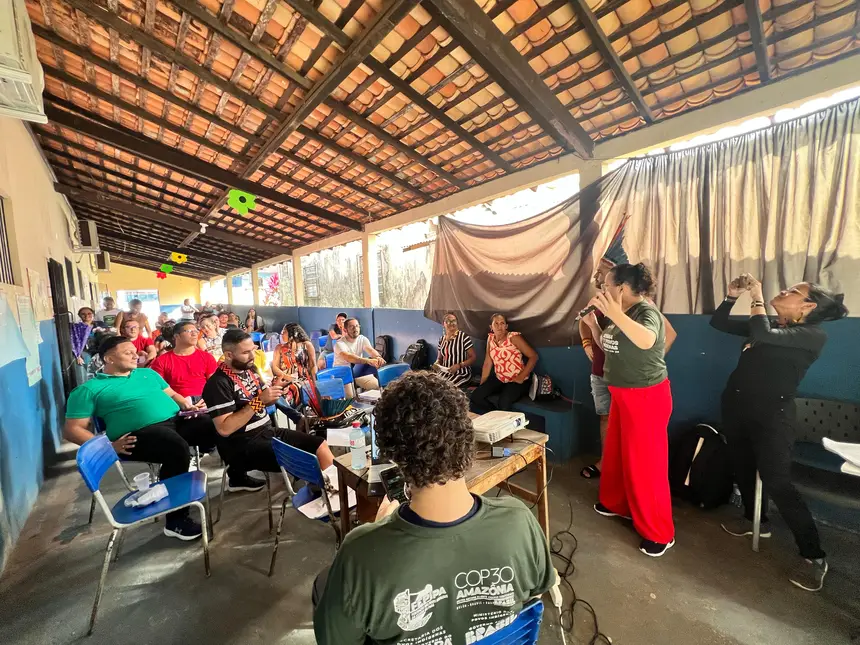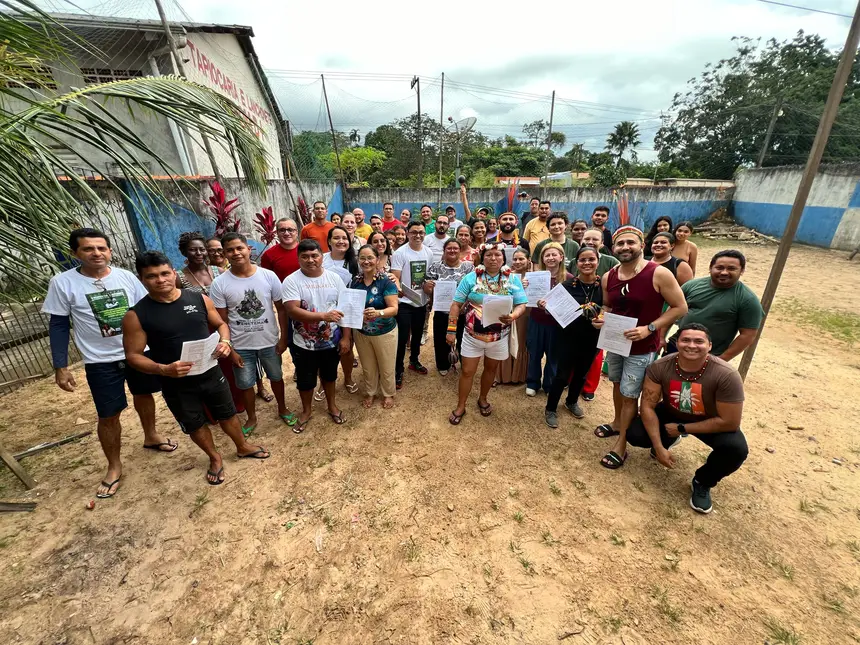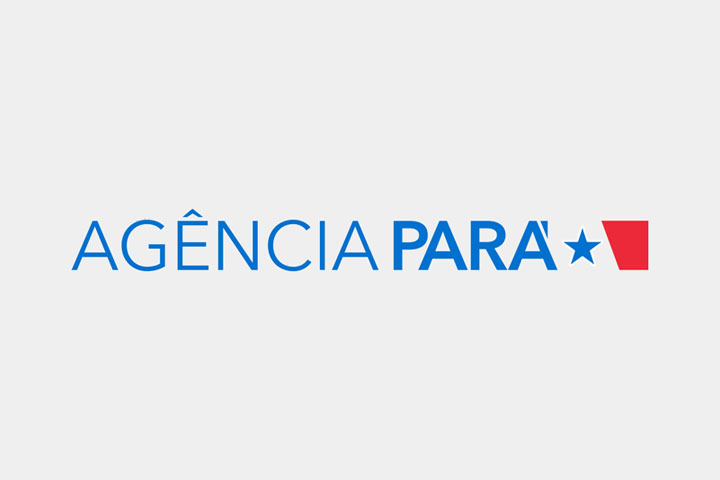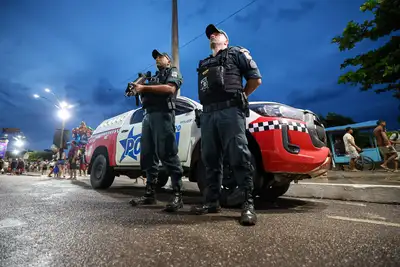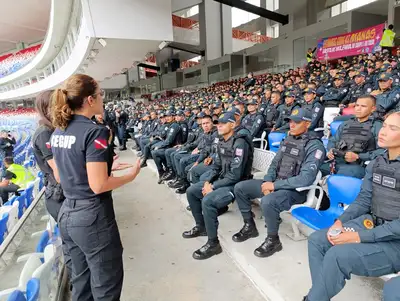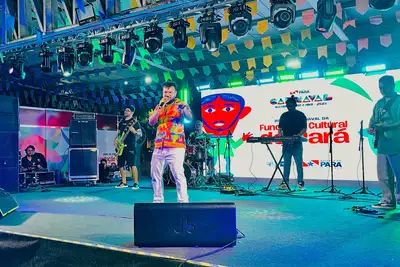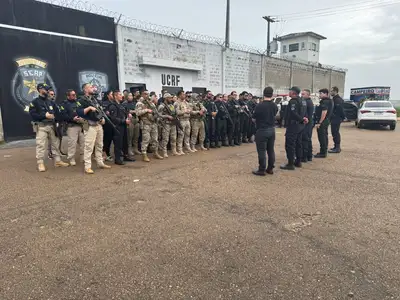Government advances in consultations for Indigenous School Education in Pará
This weekend, two more hearings and contributions for the new legislation were held with Indigenous people in the northeast of the state
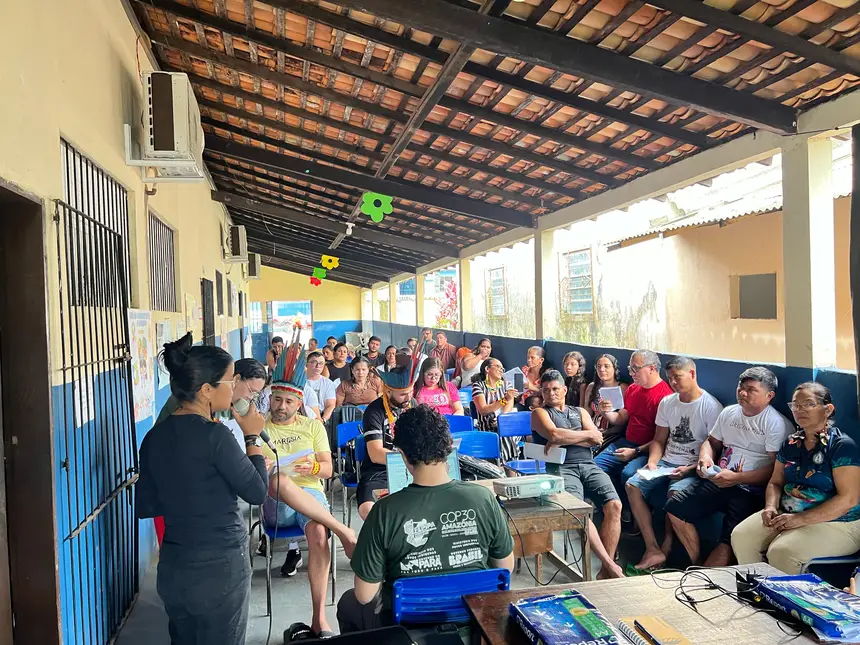
This weekend, the government of Pará, through the State Secretariat for Indigenous Peoples (Sepi), held two more consultations for the Indigenous School Education Bill in Pará. Leaders and teachers from the Tembé People, from the Teko Haw and Jeju Villages, made significant contributions to the creation of the new and unprecedented legislation in the state.
For the chief of the Teko Haw Village, Sérgio Muxi Tembé, participating in the listening process, hearing all the articles of the draft law and bringing suggestions for the construction of a new law is the true realization of a dream.
“This consultation is very important because it is a dream we are realizing, after many years of struggle. We hope that this law will be one that benefits us, for our Indigenous school education,” he said.
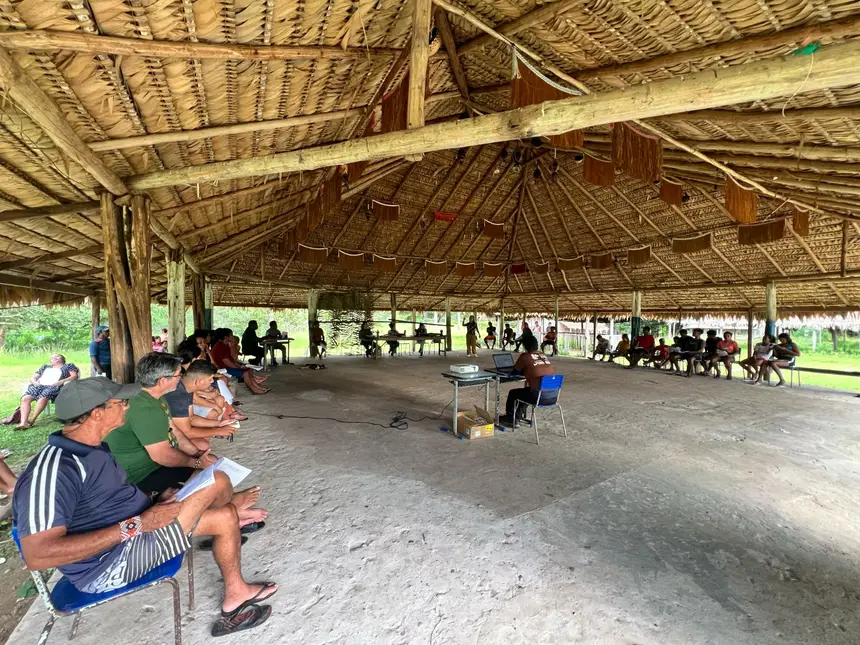
The initiative also has the support of the State Secretariat of Education of Pará (Seduc) and the Federation of Indigenous Peoples of the State of Pará (Fepipa). Valsanta Tembé, coordinator of the school in the Teko Haw Village, highlighted the participation of leaders in decision-making alongside members of the Cajueiro, Igarapé Grande, and Faveira villages.
“This moment is very important with the participation in the draft construction, with the participation of all the communities here in our region, and we hope that this new law can meet all the needs of our Indigenous school education,” she stated.
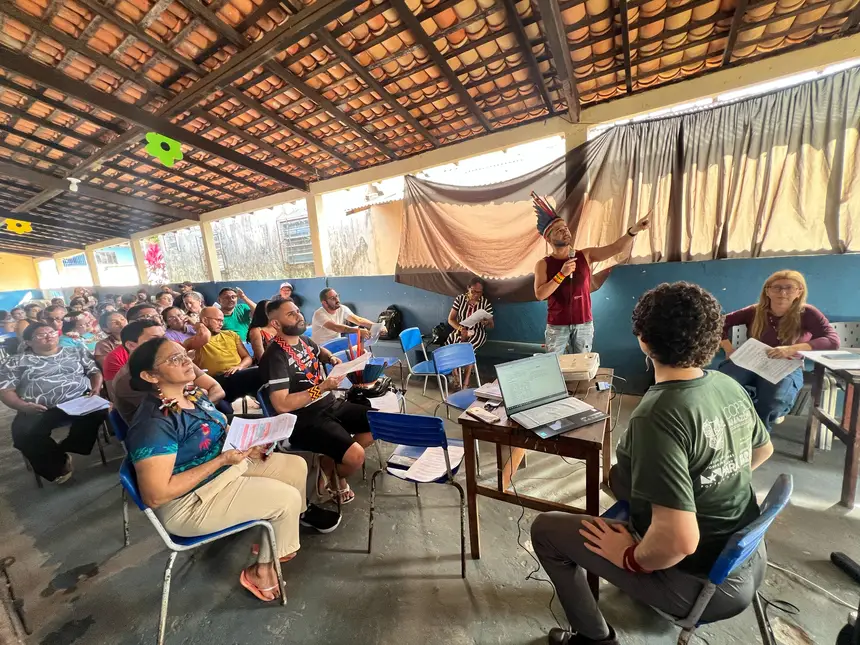
The listening process is necessary to hear the specificities of each ethnicity, of each people from the eight ethno-regions of Pará, in the drafting of a law that will establish legally assured rules.
“We are debating with all the communities and it is a historic moment for us; after so many struggles, we are seeing progress in Indigenous School Education, which will benefit not only our Tembé people but other ethnicities as well. We believe that we will advance even further,” said Joel Tembé, coordinator of the Modular Indigenous Education System (Somei) of Paragominas.
Teaching is an act of love, and for those in the classrooms in the villages, it is a privilege to participate in a historic process like this in the state of Pará. “For me, as an Indigenous person and a teacher who is part of Indigenous school education, this is a very important moment. We are gathered here to discuss this law, and this is important for each one of us. I feel very happy and can only be grateful for this,” said Keise Tembé, pedagogical coordinator of one of the schools in the Cajueiro Village.
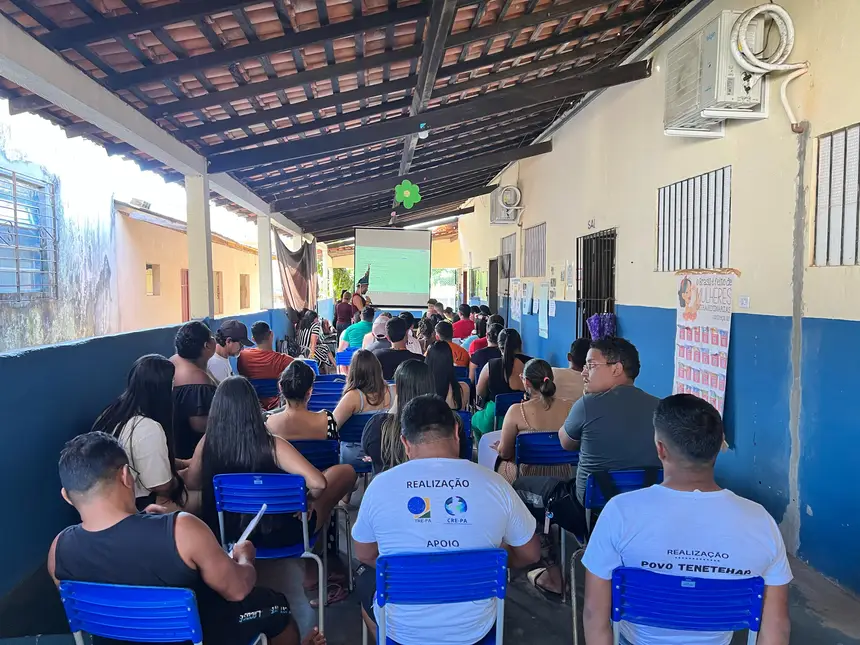
Free, prior, and informed consultations have already been held in the municipalities of Jacareacanga, São Félix do Xingu, Santa Maria do Pará, Capitão Poço, Paragominas, and Santa Luzia do Pará. In the coming weeks, consultations with the Xikrin, Gavião, Guajajara, Parakanã, and Atikun peoples are already scheduled in municipalities such as Marabá, Parauapebas, and Itupiranga.
Professor Joelma Alencar, coordinator of the Indigenous Training Center (NUFI) at the University of the State of Pará (UEPA), has been following the entire consultation process in the villages and emphasized the importance of the listening process for the creation of the unprecedented Indigenous school education law in Pará.
“With the implementation of the specific law, we will be able to bring more quality education into the territories, with the qualification of teachers, taking into account the specificities of each ethnicity, of each region. This consultation stage has been very important because we need to hear the suggestions and contributions for the construction of the new legislation,” the professor stated.
For Jamilye Braga, director of Indigenous Peoples Policy Management (DGPI) at Sepi, it is exciting to see the Indigenous people themselves leading this process, in yet another stage of preliminary, free, and informed consultation being successfully carried out by the government of Pará.
“It is something they have fought for and claimed for a long time. It is very satisfying to see them speaking about how they want Indigenous school education to happen in their territories. To see them say what needs to be included in the law and what needs to be removed. I feel part of this construction and am very happy to see their victory. It was a great joy. I hope this continues until we have the approval of the law and other laws. And may more victories come for Indigenous peoples,” she emphasized.
Unprecedented Law - The consultations are being conducted by the Working Group (GT) created by Decree No. 4,430/2025, which was responsible for drafting the document together with the Indigenous peoples of Pará and for meeting with the leaders of the ethnicities throughout the state of Pará.
The unprecedented law in Pará will take into account all the demands requested by the Indigenous peoples from the eight ethno-regions of the state and, after the consultations with the leaders, will be presented to the Legislative Assembly of Pará (Alepa).
The Attorney General's Office of the State of Pará (PGE), the Ministry of Indigenous Peoples (MPI), the University of the State of Pará (UEPA), and the Public Ministry of the State of Pará (MPPA) also participate in this consultation process.



